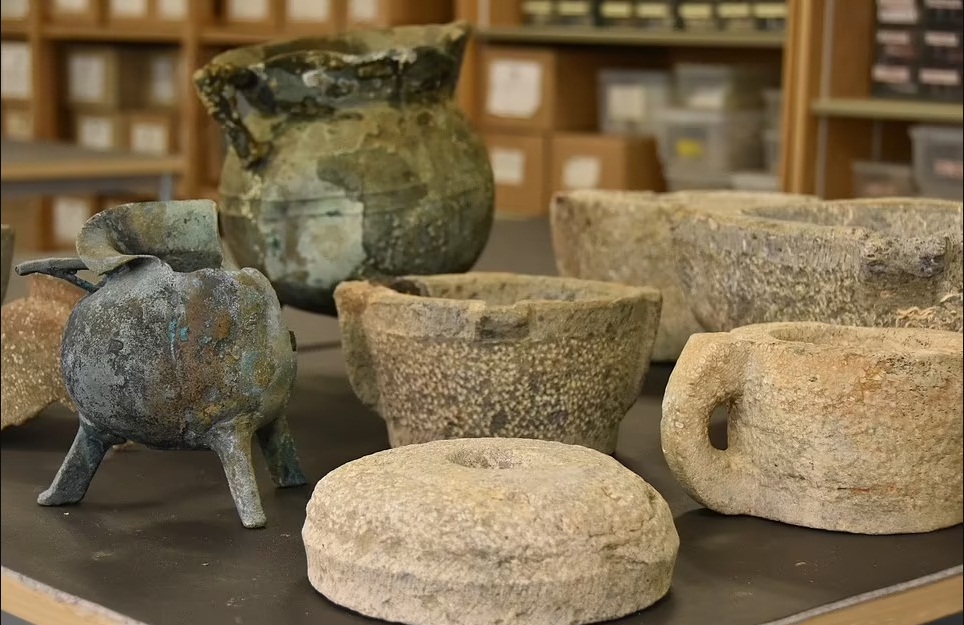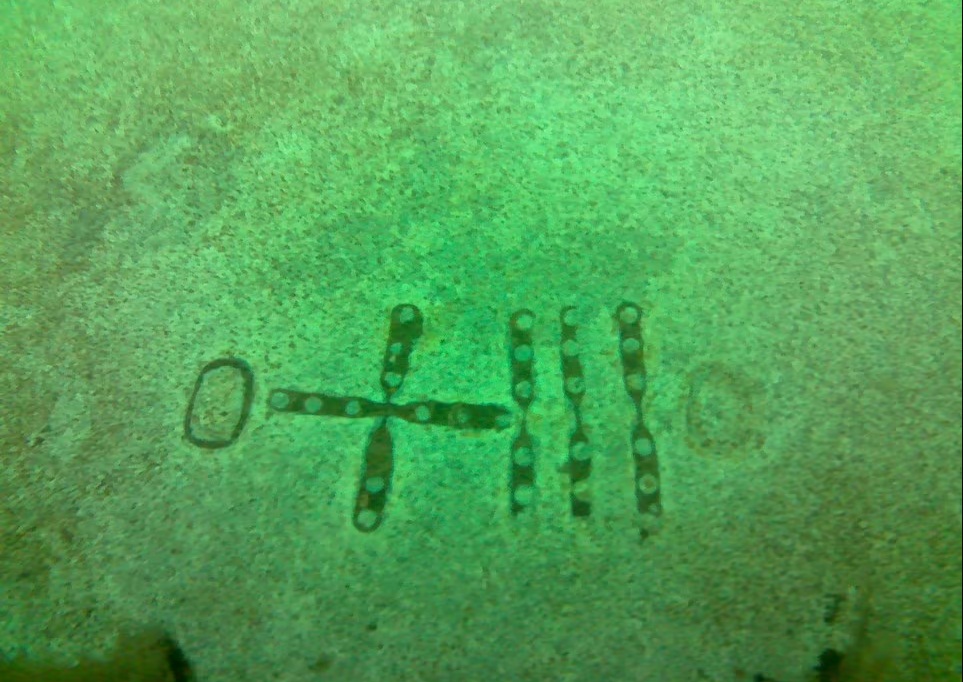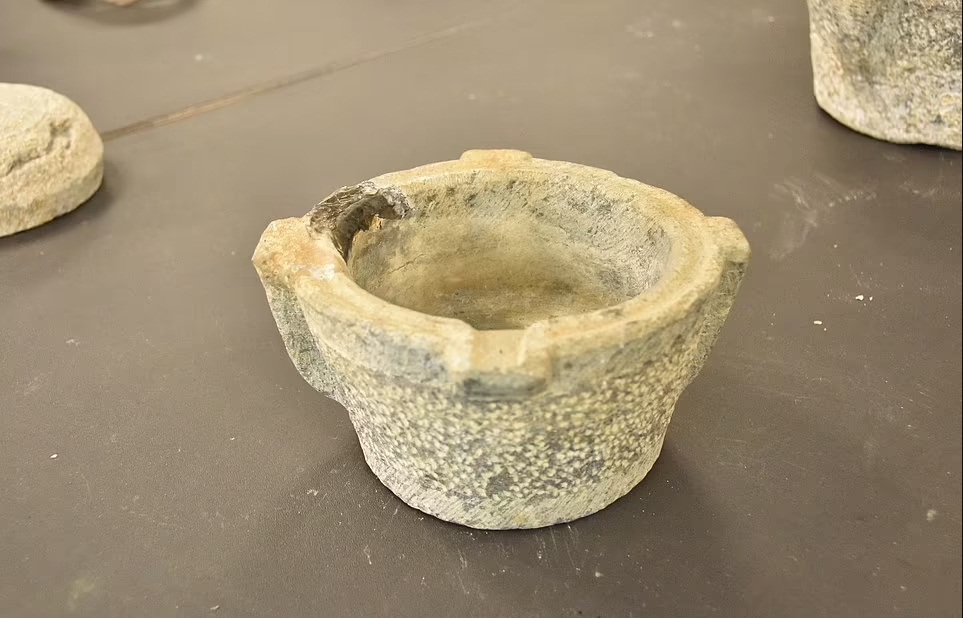
Archaeologists from Bournemouth University have shown finds from a sunken medieval ship. The ship was wrecked in Poole Bay, off the coast of the ceremonial county of Dorset (England). The wreckage, among which was a valuable cargo, dates back to the 13th century and was found two years ago when Trevor Small, captain of a boat from Rocket Charters, stumbled upon it. Today, some of the objects have already been brought to the surface and studied, but there is still a lot of work ahead for archaeologists.

According to Tom Cousins, a team member from Bournemouth University, there are very few such old medieval English ships left. The freighter probably sailed away from the Isle of Purbeck, carrying stone items such as bowls, mortars and large stones used in mills. The area known as the Isle of Purbeck, which is actually a peninsula, became famous for a valuable resource - limestone, used in the construction of many of the Gothic cathedrals in England. When the Great Fire in London broke out in 1666, destroying more than 13,000 houses and dozens of churches, materials for rebuilding the city were brought from Purbeck. Due to its special properties, the extracted limestone is called marble, and its surface lends itself well to polishing.

The shipwreck also found tombstones, which were a valuable commodity shipped to Ireland and mainland Europe. On both slabs, images of crosses of the form characteristic of the Middle Ages are clearly visible. Further work with these and other artifacts should help to understand how the work of the craftsmen from Purbeck was arranged. For example, whether the slabs were cut in one of the local quarries, or whether the processing was already carried out in the workshop.

Scientists did not ignore the ship itself. The logs used to build the ship appear to be made from Irish oak trees cut down between 1242 and 1265. The wreckage and other finds will be exhibited at the Poole Museum, which will open three new galleries dedicated to maritime themes. The exhibits will be accompanied by stories from those who had a hand in discovering and studying the ship.
